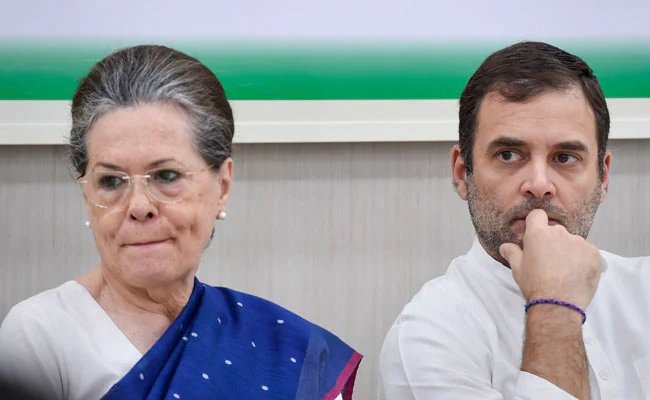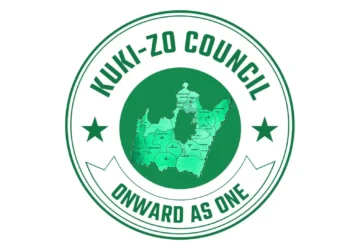On Tuesday, the Enforcement Directorate submitted a chargesheet in the National Herald money laundering case against Congress MPs Sonia Gandhi and Rahul Gandhi, along with Sam Pitroda, the chief of the party’s overseas unit. A special court scheduled the hearing for April 25.
The chargesheet, filed on April 9, was examined by Special Judge Vishal Gogne, who set the date for further proceedings on April 25, 2025, to assess cognisance.
“The prosecution complaint will be reviewed for cognisance on April 25, 2025, during which the special counsel for the ED and the investigating officer will also present the case diaries for the court’s review,” the judge said.
On April 12, the Enforcement Directorate revealed that it has initiated actions to confiscate immovable properties valued at ₹661 crore associated with the money laundering case connected to Congress-affiliated Associated Journals Limited (AJL). Rahul and Sonia Gandhi collectively possess over 75 percent of AJL’s shares.
The ED announced in a statement that it has sent notices to leave or reassign the rent of the properties linked to the case. The announcements were displayed at Herald House in the ITO region of Delhi, a site in Bandra, Mumbai, and the AJL building on Bisheshwar Nath Road in Lucknow on Friday.
The action has been taken according to Section 8 and Rule 5(1) of the Prevention of Money Laundering Act (PMLA), which specifies the process for seizing assets frozen by the Enforcement Directorate (ED) and validated by the adjudicating body under PMLA.
National Herald Money Laundering Case
The Enforcement Directorate (ED) started its inquiry into the National Herald case following a complaint by Subramanian Swamy in 2014, alleging that Sonia Gandhi, Rahul Gandhi, and other prominent Congress figures acquired Associated Journals Limited (AJL) assets for merely ₹50 lakh, even though their true value surpassed ₹2,000 crore.
National Herald is published by AJL, which is controlled by Young Indian Private Limited. Sonia and Rahul Gandhi possess a 38 per cent share in Young Indian, thus they are the majority stakeholders.
“Young Indian and AJL properties were exploited to generate additional crime proceeds through fake donations amounting to ₹18 crore, fake advance rent of ₹38 crore, and fake advertisements totaling ₹29 crore,” the ED alleged.













